The ways in which we’re all working are changing. It seems we cannot get away from this line and we’re seeing it pop up everywhere, from media coverage to agent research to occupier comment. But we’re seeing it for good reason.
Our flexible office series:

At its core are behavioural changes driven by technological advances. The mobility of work is now for everyone to take advantage of, as it is so easy for us to work on the move. With that comes a demand for an environment that we can work in that goes beyond the convenience of coffee shops and hotel lobbies.
We are also all working longer and harder, so we are looking for more from our space beyond just four walls and desks. Any size of business should be able to have access to a range of facilities, from bike racks to showers to cafes, and a choice of working spaces that suit how we want to work on a particular day.
With this comes the opportunity for businesses to use the space as an extension of their brand as they look to attract talent, which, by the way, is not exclusive to tech businesses. It is hugely significant to all businesses.
As more and more small businesses employing fewer than 50 people look to share office buildings, the emphasis on community is getting stronger. It’s not just about the opportunity to collaborate and work with others to generate business, but enjoying the social consequences as well, be it joining the cycling club or going out for a beer or three.
And where we see the most significant shift at The Office Group (TOG) is that more and more businesses are understanding that the flexible workspace model, with all of the above benefits, is now a genuine alternative form of tenure to conventional leases.
Companies used to consider serviced offices as a temporary option until they found their ‘permanent office’. That may ring true for those operators who are still in the traditional serviced-office format. But the new breed of flexible office operators is offering that permanent office to companies and individuals needing the flexibility, even though they may never take advantage of it.
At TOG, our longest-standing client has been with us for 11 years (and we have been going for 12). Our average length of stay is 36 months and growing. And our occupancy over the last 12 years has averaged more than 96%. It now stands at 99.3% across our portfolio (we have 28 buildings).
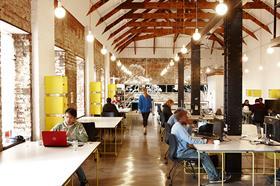
Historically, we have always attracted smaller businesses employing fewer than 50 people, and these have largely been from the creative, media and digital sectors. But as companies become better educated in the flexible offering and better understand the benefits, larger companies are committing to our space.
Three years ago, our average-sized client was five to six people; today it is 15 people. Added to that are now even larger requirements, some up to 250 people, looking to be around the smaller businesses and also needing the flexibility as comfort, but in reality not seeking short-term space.
There aren’t many businesses out there, whatever size, that are able to forecast their business plans for any serious period moving forward. Beyond 12 months is a challenge, so how then can a company forecast its space needs?
Committing to the wrong space, not enough or too much, can have devastating consequences on otherwise solid businesses. With a licence agreement rather than a lease, a company can be in the space within 24 hours and can expand swiftly and downsize or exit with very little cost or liability.
Occupiers of office space are driving the changes as they better understand that the product is now far more sophisticated and that the actual cost represents real value. As the fundamental need for fluidity in the workplace continues, more and more companies will opt for flexibility over the rigidity of the conventional lease.
Depending on which statistic you read, the flexible market accounts for around 7% of the conventional leasehold market. It has to grow, and grow significantly, to meet the changing demand and address what is a revolution in the way we are all working.
Charlie Green is co-chief executive officer of The Office Group























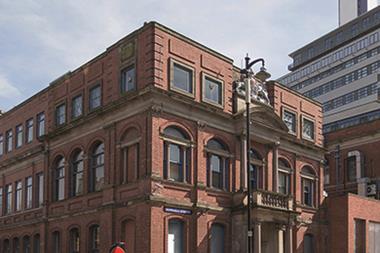
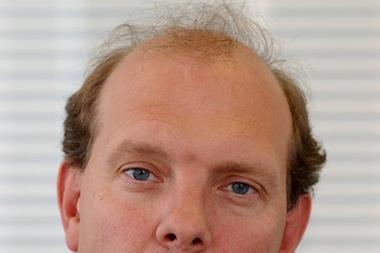
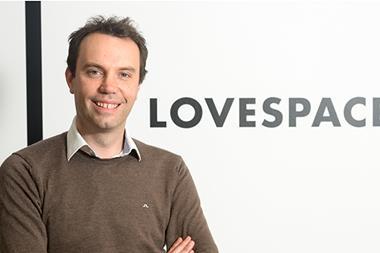
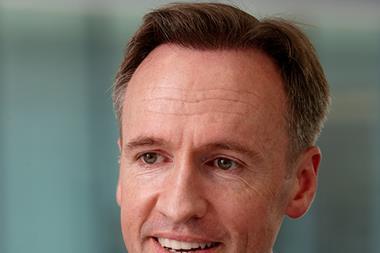
No comments yet